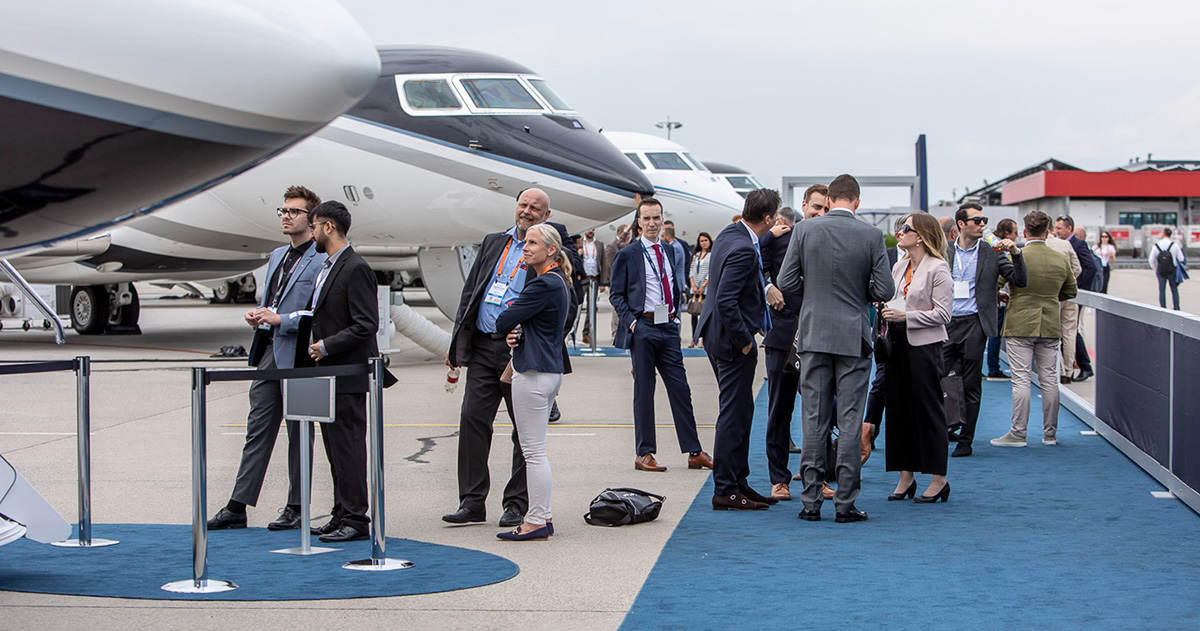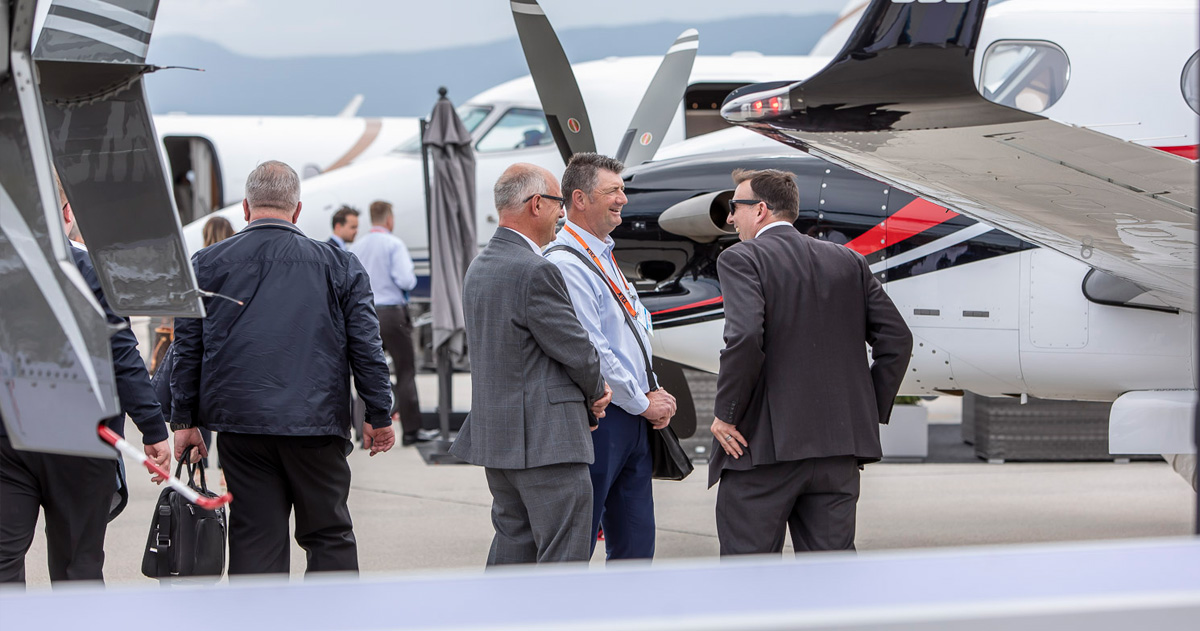EBACE2022: Industry Is Strong Post-Pandemic, But Multiple Sustainability Challenges Remain

24 May, 2022
The business aviation industry is riding high following the COVID-induced trough in 2020, but challenges related to sustainability – in multiple forms – are making for real headwinds.
That was the message from WingX, JETNET iQ and Avinode analysts during an education session at the 2022 European Business Aviation Convention & Exhibition (EBACE2022). Fuel prices and the environment pose one kind of sustainability challenge, but another is maintaining quality service when demand is at an all-time high. Then there is the workforce, both today’s post-pandemic workforce, and the workforce of the future.
Business aviation was off by 70% in April 2020, said Richard Koe, managing director of WingX, but by mid-2021 it was ahead. And, he said, “It’s not slowing down so far in 2022.”
“Essentially what we’ve got it’s a cyclical rebound that was certainly accelerated by the pandemic.” If there’s a slowdown, Koe warned, it’s the newcomers to the industry who will be hurt the most.
“It was a really short-lived dip,” Avinode Group CEO Oliver King said of the COVID slowdown. Traffic bounced back quickly, especially in the U.S., and “thanks to the pandemic, a new set of buyers came into our industry.”

King called the rebound “the biggest step-change” in industry history, but said the news isn’t all good. He described the surge in demand in Europe as “an avalanche,” but cautioned that the European market is smaller and far more seasonal than that of the United States, and is “a very hard market to operate in.”
“Economic growth drives our business,” said Rolland Vincent of JETNET iQ. Economic growth is running at about 3%, he said, and “3% on a sustained basis is a very good number.”
As for the aircraft market, “We have super-hot demand, white-hot demand,” Vincent said. But supply chains are struggling, and manufacturers are facing workplace challenges. The OEMs’ book-to-build ratios, he said, are not sustainable.
Vincent also warned that extreme demand is hurting service.
But even given these headwinds, “we’re still in a very good place,” he added.
Rather than boom or hard-landing, said King, the key word is volatility.
“We have volatility because high demand that pushes high prices is a market that can be subject to drops,” he said. Even so, “I’m an optimist.”



